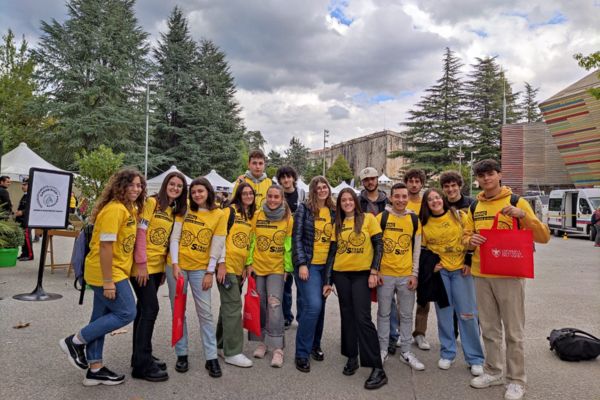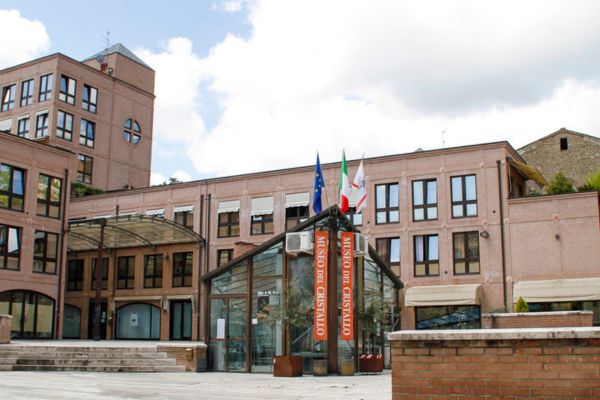Teachers for a Day at the University of L’Aquila on Microplastic Pollution
According to an estimate confirmed by the World Economic Forum (opens in new window), plastic waste is increasingly polluting the oceans: just consider that by 2050, the weight of plastics in the seas will exceed that of fish.
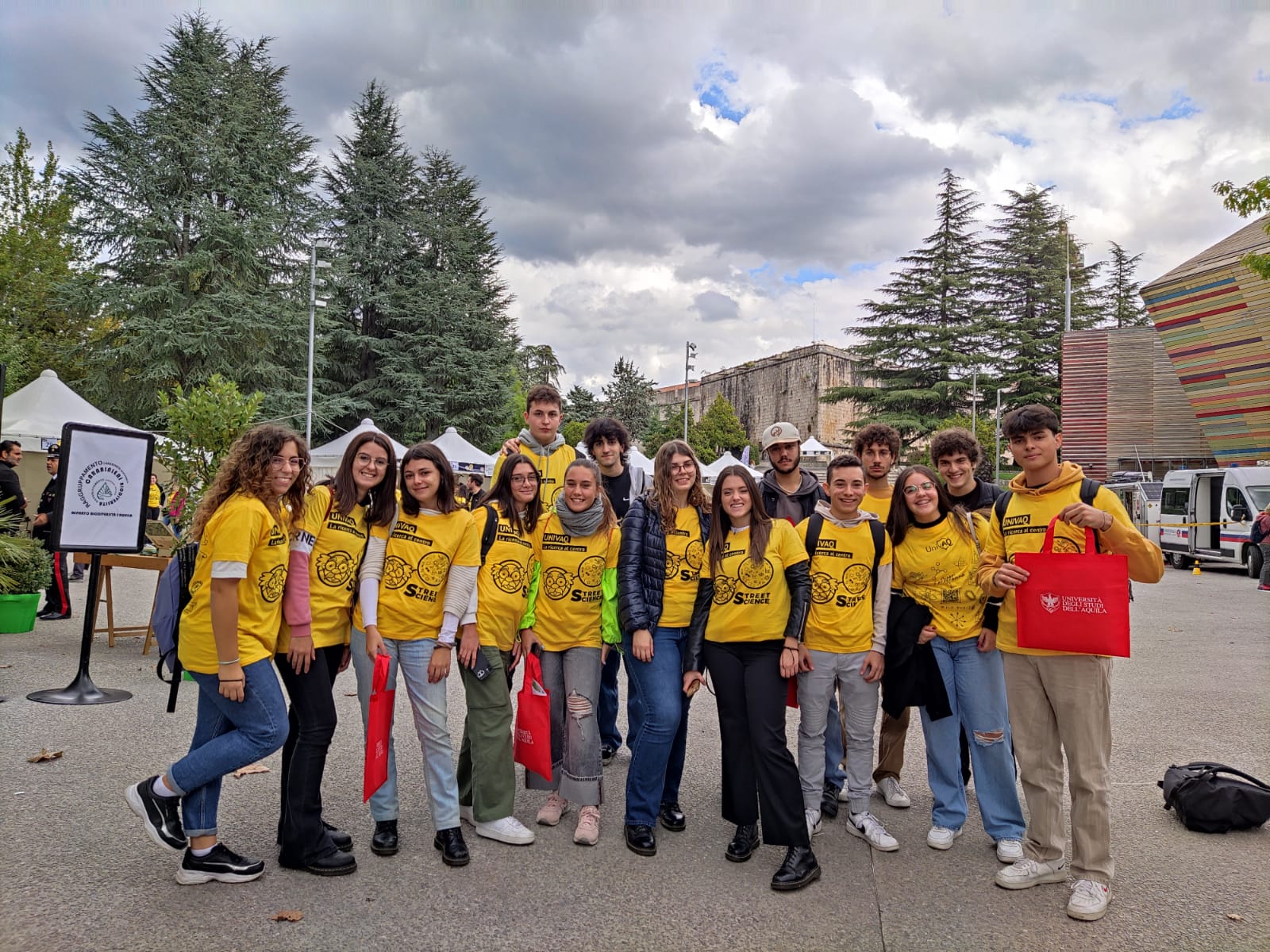
The students of the “M. Delfico” High School in Teramo started from this alarming fact, driven by the desire to explore the issue of microplastic pollution in the Adriatic Sea and raise awareness within their school community and beyond. In 2022, a few months after completing their civic monitoring project, they took centre stage at Street Science - La Ricerca al Centro (opens in new window), an initiative where they stepped into the role of teachers for a day at the University of L’Aquila. It was an exciting experience for them to share their journey of active citizenship within the ASOC programme, the results they achieved, and the various stages of civic monitoring for the Interreg NET4 PLASTIC (opens in new window) project, which provided them with several opportunities for further learning. Among these, the most significant was witnessing firsthand the chemical analysis and detection processes of microplastics and heavy metals in bivalve molluscs at the Experimental Zooprophylactic Institute of Abruzzo and Molise “G. Caporale” (IZSAM).
With funding of over 2 million euros from cohesion resources, the project selected by the Con_CorrentidelMare team (opens in new window), observed by students during its final stages, aimed to monitor the presence of plastics on beaches, in sediments, and in marine habitats along the Italian-Croatian coasts. The goal was to develop innovative forecasting tools and rapid alert systems for local authorities and industry operators.
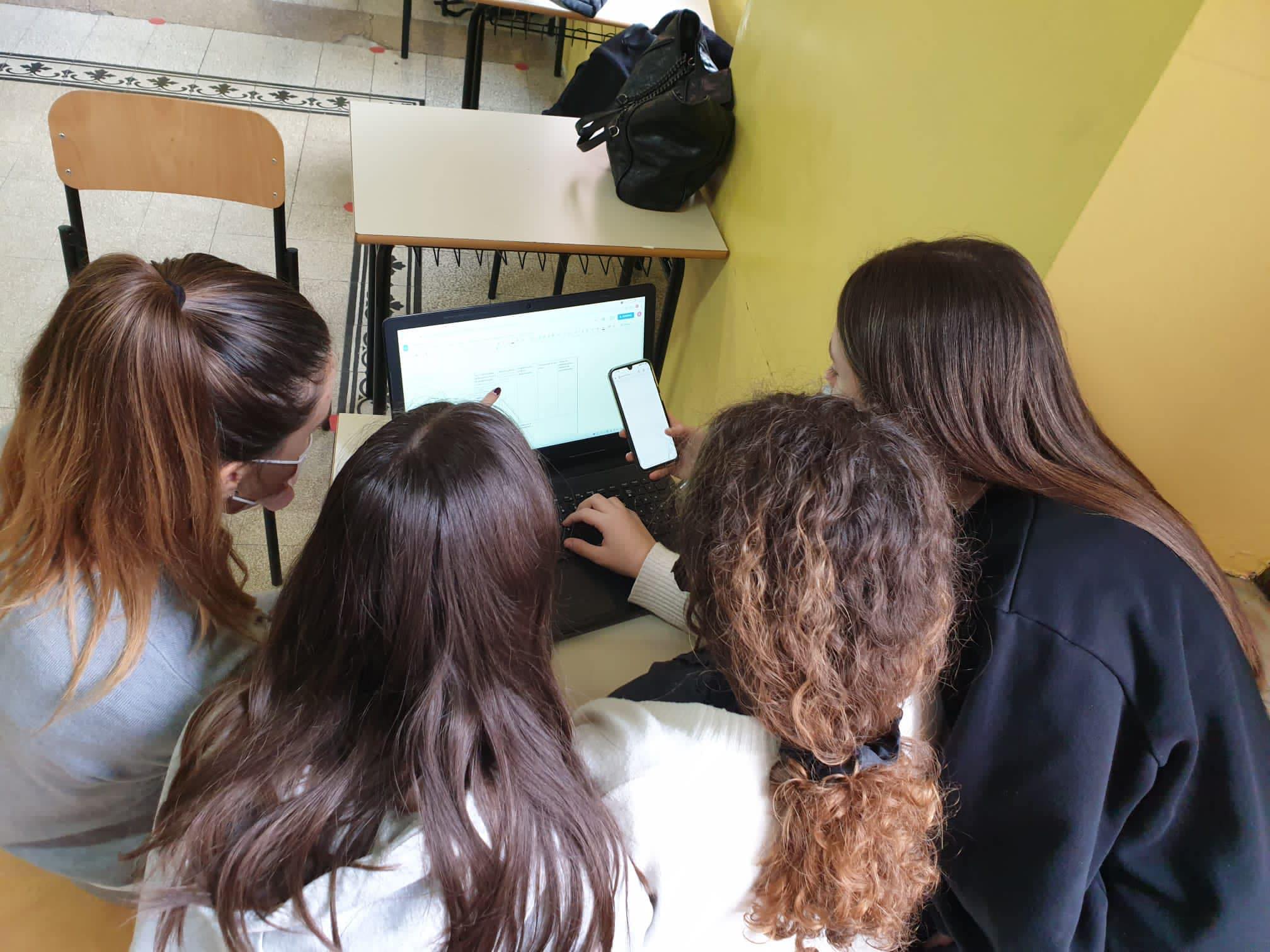 A crucial objective, especially in light of the information gathered during the ASOC 2021-2022 programme:
A crucial objective, especially in light of the information gathered during the ASOC 2021-2022 programme:
“From our data research,” explain the students, “it is evident that the Adriatic Sea is one of the most polluted basins globally due to the inflow of 62 major rivers and the lack of upstream prevention. Moreover, the Adriatic basin hosts a high number of aquaculture facilities, and the overall situation could worsen due to limited water exchange.”
After conducting several interviews and field research, the students identified the existence and importance of a unified data collection protocol, recognised and shared by the relevant authorities. This protocol stands out as one of the key strengths of the entire project, as also highlighted in the Monithon team’s report (opens in new window).
The Abruzzese students demonstrated great expertise in data analysis and information gathering from various sources, taking into account all the stakeholders involved in the observed project. These included the Universities of Ferrara and Trieste, the Marche Region, and Croatian partners such as the University of Split and PI RERA SD, an institution established to efficiently coordinate the development and implementation of projects funded by European, national, and regional resources.
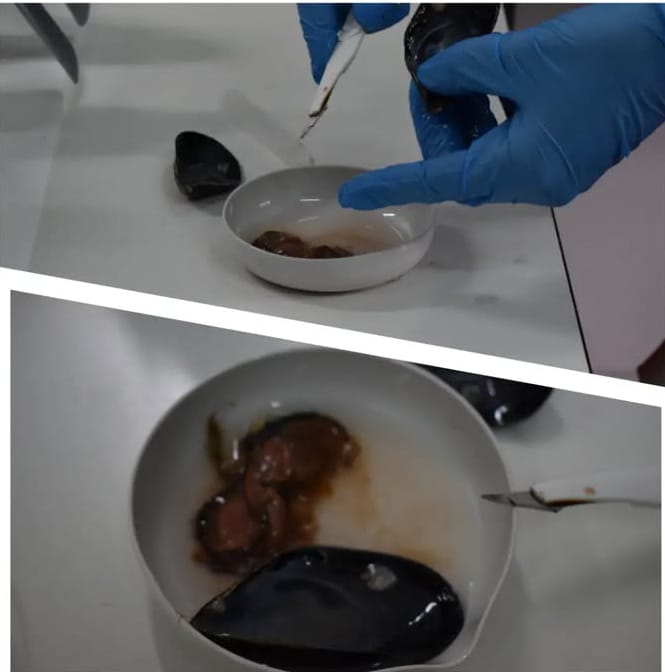
dell'Abruzzo e del Molise "G. Caporale"
Students Valentina Rastelli and Chiara Rosaspina share their experience: “taking part in ASOC was an incredible opportunity. It allowed us to delve deeper into a topic that was not widely discussed at the time, made us more responsible, and gave us an active role as citizens capable of promoting an important issue. Our monitoring work even became a key part of our final school exam. Each of us presented the results we had achieved during the learning process, and this experience also influenced some of our university choices.”
The students from Teramo proved to be true pioneers, managing to shine a spotlight on microplastic pollution with dedication and commitment, while learning that even a small action can make a difference in saving the world.

